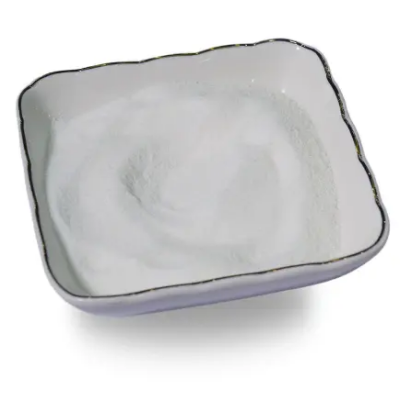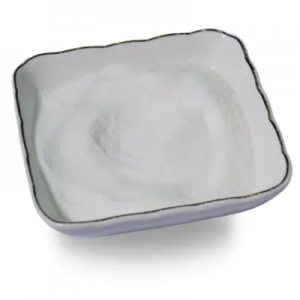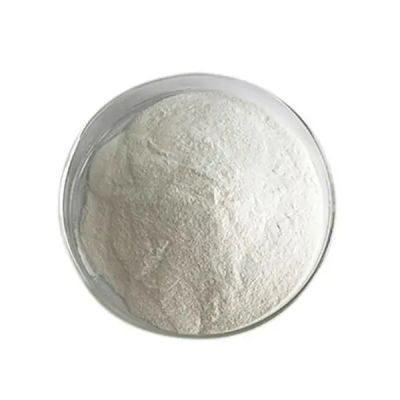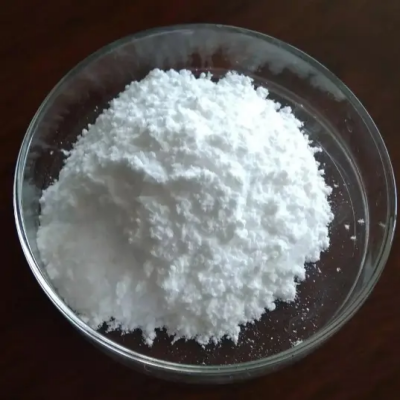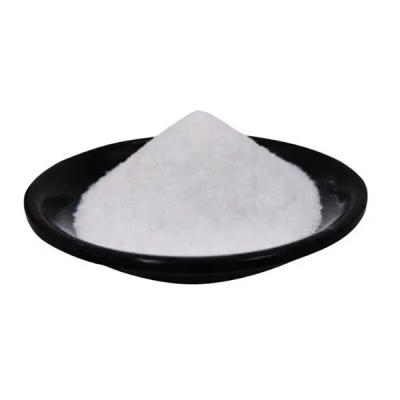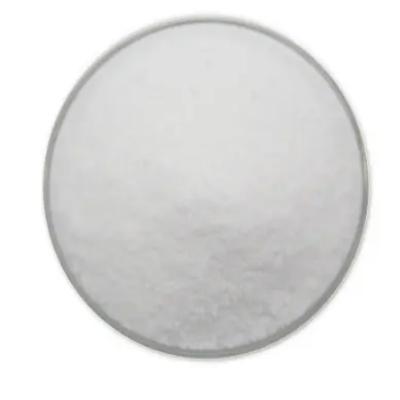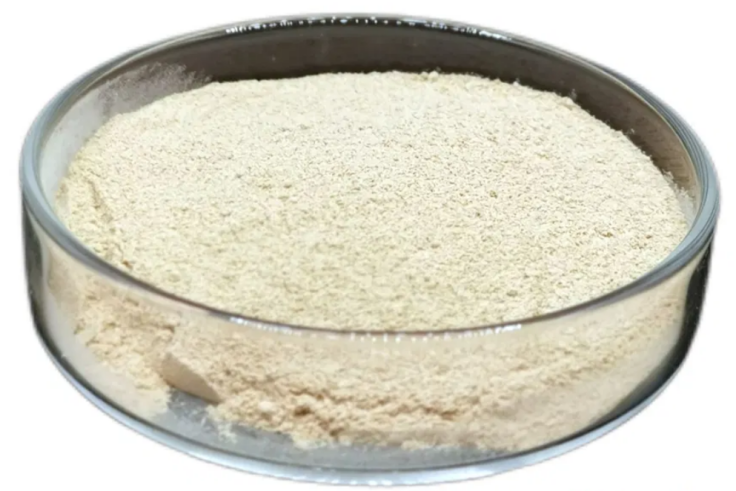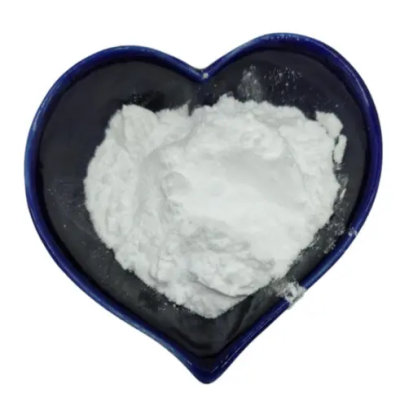N-(4-CYANO-PHENYL)-GLYCINE CAS:42288-26-6
N-(4-Cyano-phenyl)-glycine is synthesized through organic reactions using readily available starting materials. The synthesis involves combining a cyanophenyl group with glycine, typically through condensation or coupling reactions. Precise control over reaction conditions is crucial to achieve high yield and purity of the final product, ensuring its suitability for further studies and applications. Synthetic Routes The synthesis begins with the preparation of the cyanophenyl and glycine components, followed by their coupling to form N-(4-Cyano-phenyl)-glycine. The reaction conditions and choice of reagents play a significant role in determining the regioselectivity and efficiency of the synthesis process, impacting the compound's properties and potential applications. Chemical Properties and Reactivity N-(4-Cyano-phenyl)-glycine exhibits specific chemical properties attributed to its molecular structure. The phenyl group contributes to its aromaticity and potential for π-π interactions, while the glycine moiety imparts unique electronic and steric properties. These characteristics influence its reactivity in organic transformations and interactions with biological systems, making it a subject of interest for various research areas. Biological and Pharmacological Significance The compound shows potential biological activities, including its role as a building block for peptide synthesis or as a precursor for pharmaceutical intermediates. Its structural features enable interactions with biomolecules, suggesting applications in drug discovery, peptide design, and biochemical studies. Understanding its biological effects is essential for harnessing its full potential in different fields. Applications in Medicinal Chemistry N-(4-Cyano-phenyl)-glycine serves as a valuable building block in medicinal chemistry for designing molecules with specific pharmacological properties. Structural modifications around the phenyl and glycine groups can influence the compound's solubility, stability, and bioavailability, crucial factors in drug development. Its versatility makes it suitable for synthesizing analogs with tailored properties for therapeutic applications. Conclusion N-(4-Cyano-phenyl)-glycine is a compound of interest in various scientific disciplines, owing to its structural attributes and potential biological activities. Its synthesis and chemical properties provide a foundation for further research in medicinal chemistry, peptide synthesis, and biochemical studies. Continued exploration of its reactivity and interactions with biological systems will contribute to its broader applications and relevance in scientific advancements.



| Composition | C9H8N2O2 |
| Assay | 99% |
| Appearance | white powder |
| CAS No. | 42288-26-6 |
| Packing | Small and bulk |
| Shelf Life | 2 years |
| Storage | Store in cool and dry area |
| Certification | ISO. |


